Rangamati, Sep 05 (V7N) - The roads of Rangamati are inundated with illegally modified double-chassis trucks, which are predominantly found in this hilly district. Despite ongoing surveys, it has been confirmed that many of these trucks are constructed from unlawfully joined chassis. This situation not only elevates the risk of accidents but also results in significant revenue losses for the government.
Reports indicate that discarded vehicle chassis from countries like Malaysia and India are imported as scrap metal. These chassis are then reassembled into oversized trucks by a local syndicate in Chattogram. To legitimize these vehicles, corrupt officials at the Chattogram BRTA issue fitness certificates in exchange for bribes ranging from TK 400,000 to 500,000. Additionally, unscrupulous traders are paying bribes at up to 20 different checkpoints across various regions, including Feni, Comilla, and Narayanganj, to keep these unfit trucks in operation.
In Rangamati alone, there are reportedly over a hundred such double-chassis trucks used for transporting timber and other goods to and from Dhaka and Chattogram. Local business leaders claim that these trucks often lead to extortion, with bribes ranging from TK 3,000 to 10,000 demanded at checkpoints. They allege that influential figures in the transportation sector are behind these illegal operations, using political connections and forged documents to evade regulation.
The Rangamati Timber Merchants’ Association has urged that no incomplete or illegal trucks be used for timber transport to prevent complications. Despite this, the district's truck owners' association admits that although only a few of these trucks are officially recorded, they are still in operation due to bribes paid to authorities. Out of about 600 trucks in Rangamati, many are illegally modified, impacting government revenue.
The truck owners’ association argues that while importing a legal three-ton mini truck costs approximately TK 2 million, assembling a double-chassis truck only costs between 800,000 and 1,000,000 Taka. This results in a revenue loss of TK 500,000 to 1,000,000 per truck for the government. The absence of effective coordination among relevant authorities and enforcement measures is seen as a key factor contributing to this issue.
END/MAM/SMA/



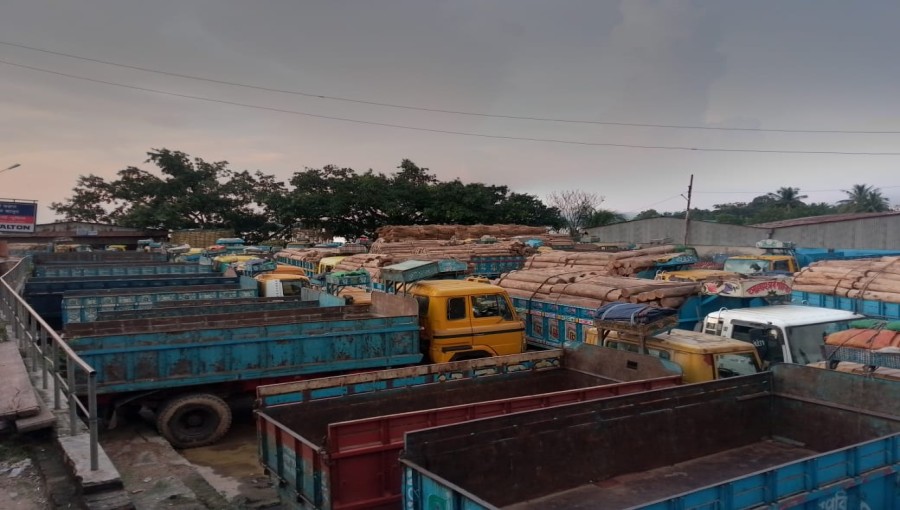




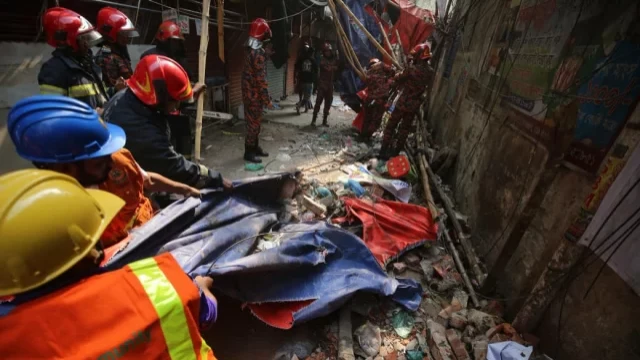




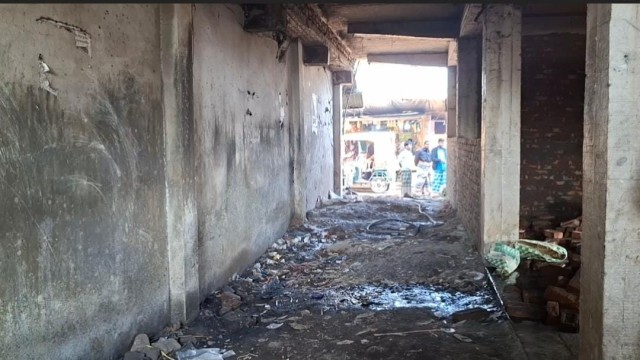
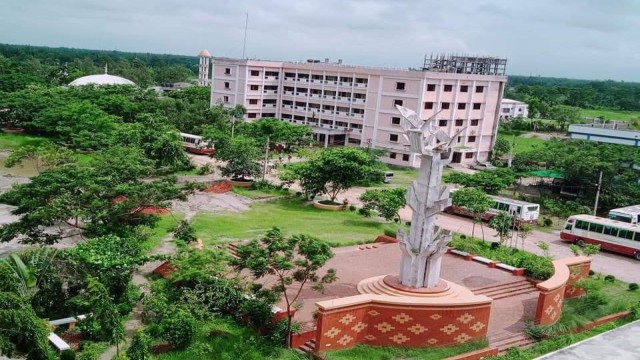
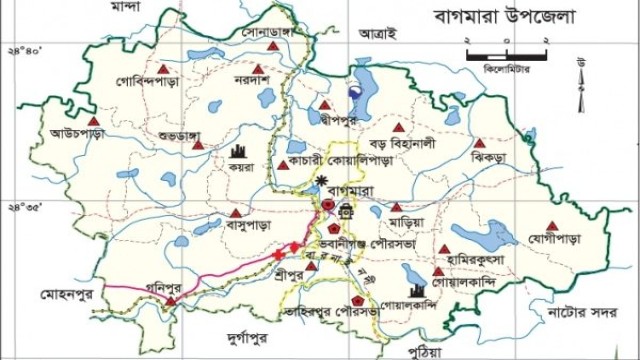


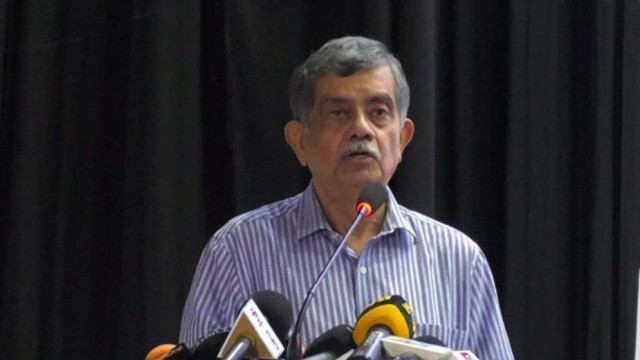
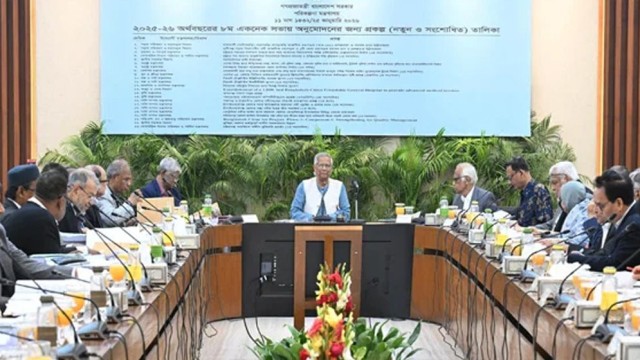




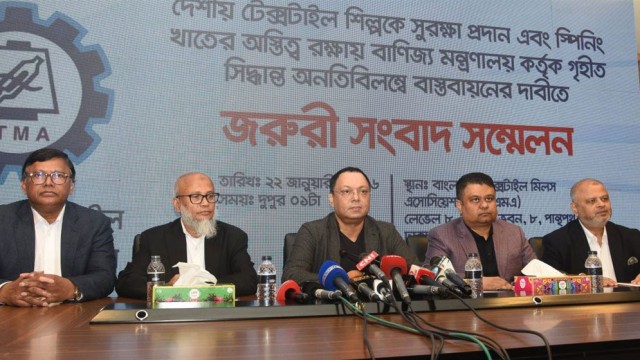
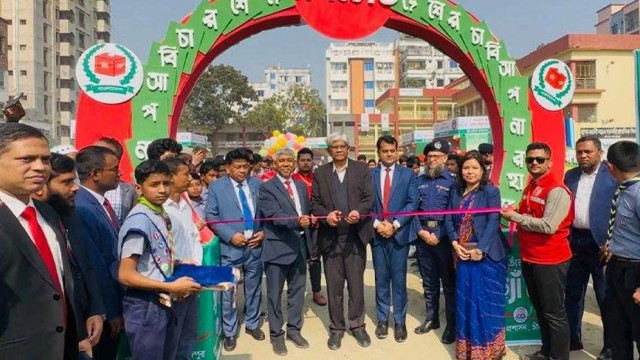
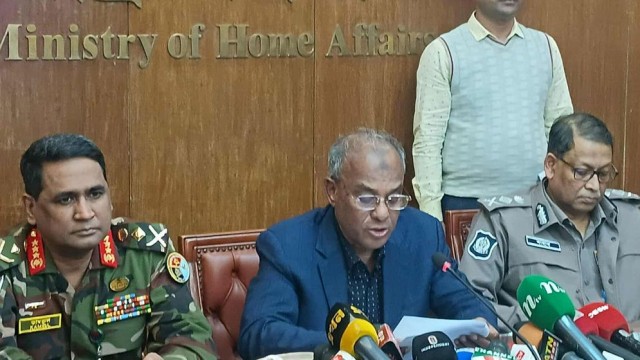

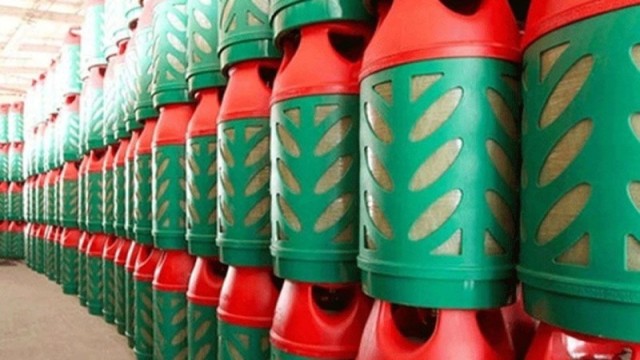
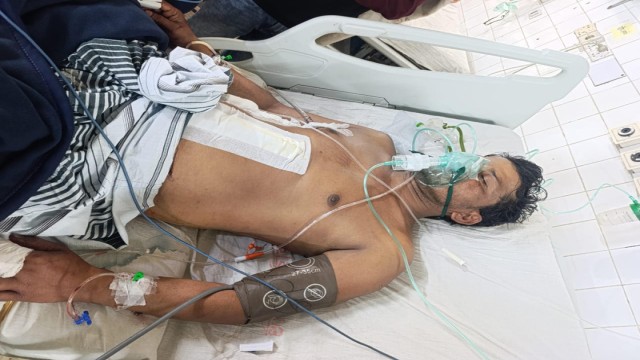

Comment: